How Poland's centrist election victory could shake up the country
The country shifted away from its right-wing populist party, but questions remain over a new government

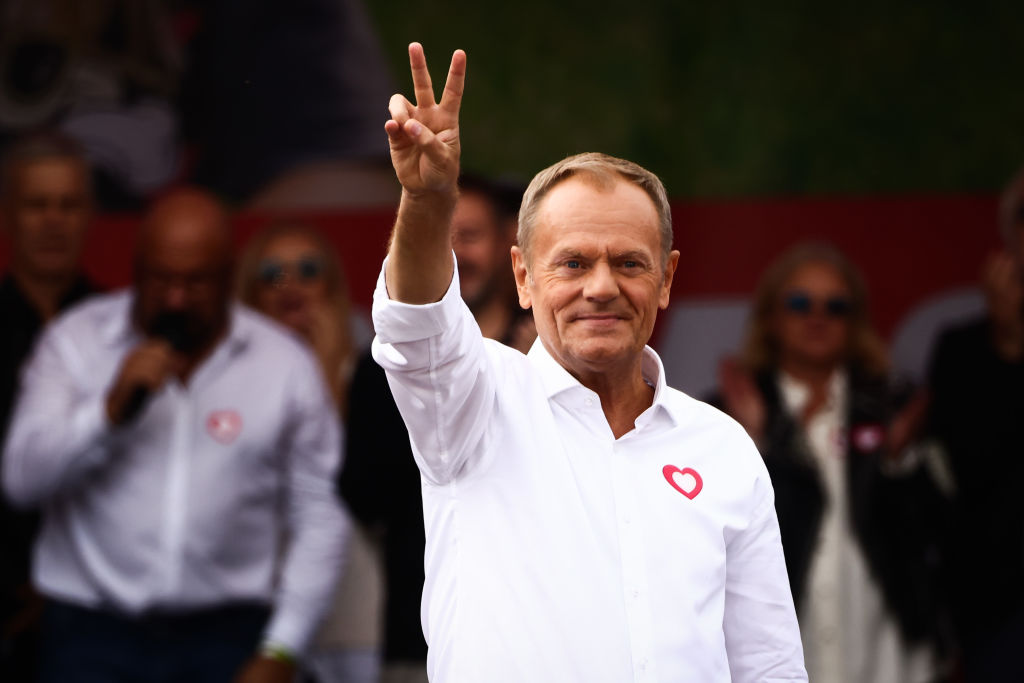
A free daily email with the biggest news stories of the day – and the best features from TheWeek.com
You are now subscribed
Your newsletter sign-up was successful
A major European country is about to see a paramount change, as yesterday's elections in Poland appear to have ousted the nation's right-wing nationalist Law and Justice Party from power. This places Poland's opposition coalition, made up of three centrist, liberal and leftist parties, in a prime position to regain control of the government.
The ruling Law and Justice Party, also known as PiS, did win the most seats in the Polish Parliament, according to the latest exit polls. However, they fell far short of the number needed to claim the majority, which will now be held by the trio of opposition parties. Although PiS will have a chance to try and form a new government, this effort is expected to fail, and the baton will then pass to the opposition for their own chance to form a government.
Donald Tusk, the leader of the main opposition party, the centrist Civic Platform, is expected to be appointed prime minister should the opposition government come to fruition. Tusk, who previously served as the Polish prime minister from 2007 to 2014, has campaigned on a platform of moving away from PiS' nationalist tendencies. This would represent a paradigm shift for Poland after eight years of PiS rule. But what could the battle for Poland's next government look like?
The Week
Escape your echo chamber. Get the facts behind the news, plus analysis from multiple perspectives.

Sign up for The Week's Free Newsletters
From our morning news briefing to a weekly Good News Newsletter, get the best of The Week delivered directly to your inbox.
From our morning news briefing to a weekly Good News Newsletter, get the best of The Week delivered directly to your inbox.
A 'Pyrrhic victory' for Law and Justice
PiS — supported by current Polish President Andrzej Duda — will have the first crack at forming a government, but these efforts are expected to be in vain. While PiS won the most seats of any singular party, it is "a Pyrrhic victory as the three leading opposition parties would have a majority of seats in the 460-member parliament," Jan Cienski wrote for Politico Europe.
The right-leaning party has maintained a vice grip over Poland for the last eight years, and the election marks "a stunning defeat for PiS," Cienski noted, given that it had "mobilized the full resources of the state to help it win, and it was also strongly backed by state media."
However, the Polish public likely soured toward PiS due to "tensions and social conflict, with fights over abortion, rule of law, grain imports from Ukraine and awful relations with the EU," Cienski added. This is in addition to the overall democratic backsliding that was seen in Poland under the eight years of PiS control.
A PiS victory would have kept Poland "on this illiberal path," Jen Kirby opined for Vox. This includes additional "undermining of the rule of law and the judiciary; more domination over the media and the state resources; and more tension with European partners." That is why these elections felt to many "like the most important vote in more than 30 years," Kirby added.
A free daily email with the biggest news stories of the day – and the best features from TheWeek.com
A new government will have 'a complicated mission'
While the organization of a centrist government is not guaranteed, it seems quite likely — though it will not be an easy road. Attempts by PiS to maintain control could mean that Tusk's coalition, if successful, isn't installed until early 2024.
And once Tusk and the coalition trio gain power, the quest to overhaul Polish politics could prove "a complicated mission for a coalition government encompassing various ideological groupings," Rob Picheta wrote for CNN. While Tusk's Civic Platform would be in the driver's seat, the left-wing party of the coalition, Lewica, "may be required to prop up a minority Tusk-led government, along with centrists and center-right lawmakers."
PiS had enacted strict controls over the country's judiciary, and Tusk has pledged to try and roll those enforcements back. However, this has the potential to cause a fresh crisis, as these efforts are "likely to lead the new government into complicated constitutional issues," Natalia Ojewska and Patrick Donahue wrote for Bloomberg. There will also be differences in a variety of matters between the Polish government and the EU, the latter of which has seen its relationship with Poland strained under PiS.
The biggest glaring issue may be that the election has created "a polarized nation, split between more liberal voters who look to the EU and conservatives wedded to traditional values," Ojewska and Donahue added. For years, PiS "pilloried Tusk as the embodiment of urban elitism," while Tusk launched similar attacks on PiS leaders. This means that "bringing Poles back together may be the toughest task of all."
Justin Klawans has worked as a staff writer at The Week since 2022. He began his career covering local news before joining Newsweek as a breaking news reporter, where he wrote about politics, national and global affairs, business, crime, sports, film, television and other news. Justin has also freelanced for outlets including Collider and United Press International.
-
 The ‘ravenous’ demand for Cornish minerals
The ‘ravenous’ demand for Cornish mineralsUnder the Radar Growing need for critical minerals to power tech has intensified ‘appetite’ for lithium, which could be a ‘huge boon’ for local economy
-
 Why are election experts taking Trump’s midterm threats seriously?
Why are election experts taking Trump’s midterm threats seriously?IN THE SPOTLIGHT As the president muses about polling place deployments and a centralized electoral system aimed at one-party control, lawmakers are taking this administration at its word
-
 ‘Restaurateurs have become millionaires’
‘Restaurateurs have become millionaires’Instant Opinion Opinion, comment and editorials of the day
-
 ‘The West needs people’
‘The West needs people’Instant Opinion Opinion, comment and editorials of the day
-
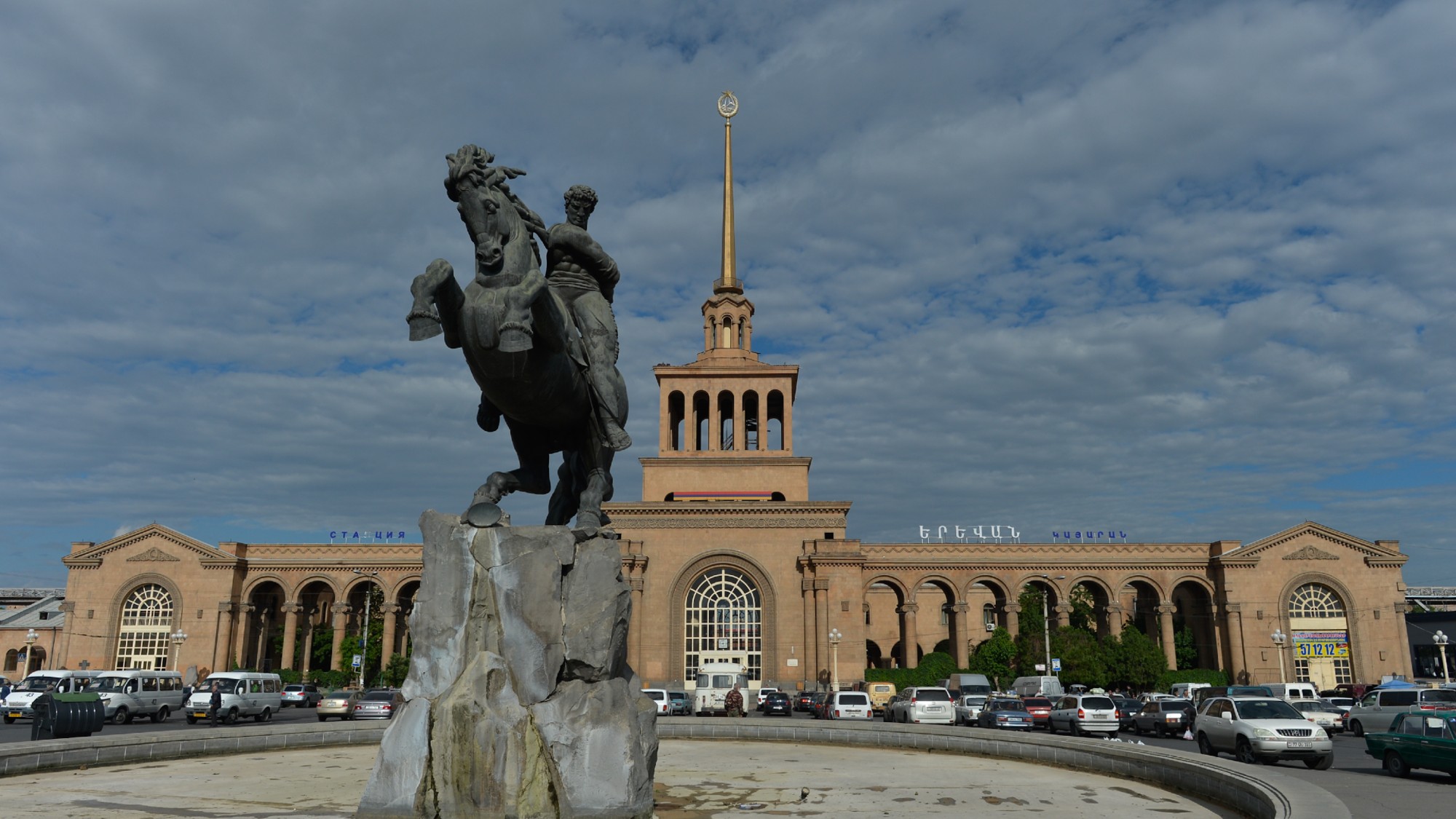 ‘Various international actors hope to influence the result for their own benefit’
‘Various international actors hope to influence the result for their own benefit’Instant Opinion Opinion, comment and editorials of the day
-
 How ‘Manchesterism’ could change the UK
How ‘Manchesterism’ could change the UKThe Explainer The idea involves shifting a centralized government to more local powers
-
 Is the American era officially over?
Is the American era officially over?Talking Points Trump’s trade wars and Greenland push are alienating old allies
-
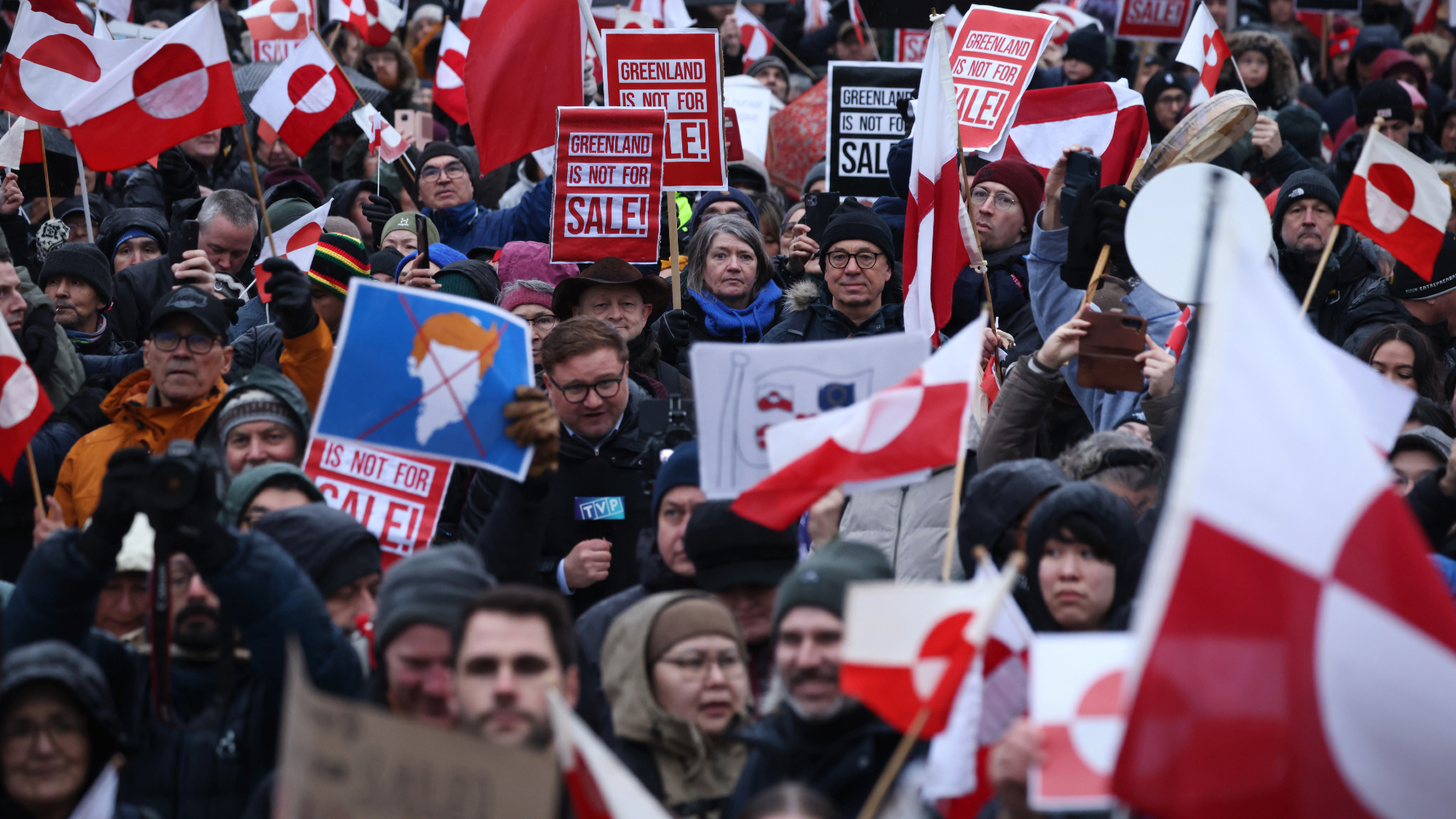 Trump ties Greenland threat to failed Nobel Peace bid
Trump ties Greenland threat to failed Nobel Peace bidSpeed Read ‘I no longer feel an obligation to think purely of Peace,’ Trump said
-
 Biggest political break-ups and make-ups of 2025
Biggest political break-ups and make-ups of 2025The Explainer From Trump and Musk to the UK and the EU, Christmas wouldn’t be Christmas without a round-up of the year’s relationship drama
-
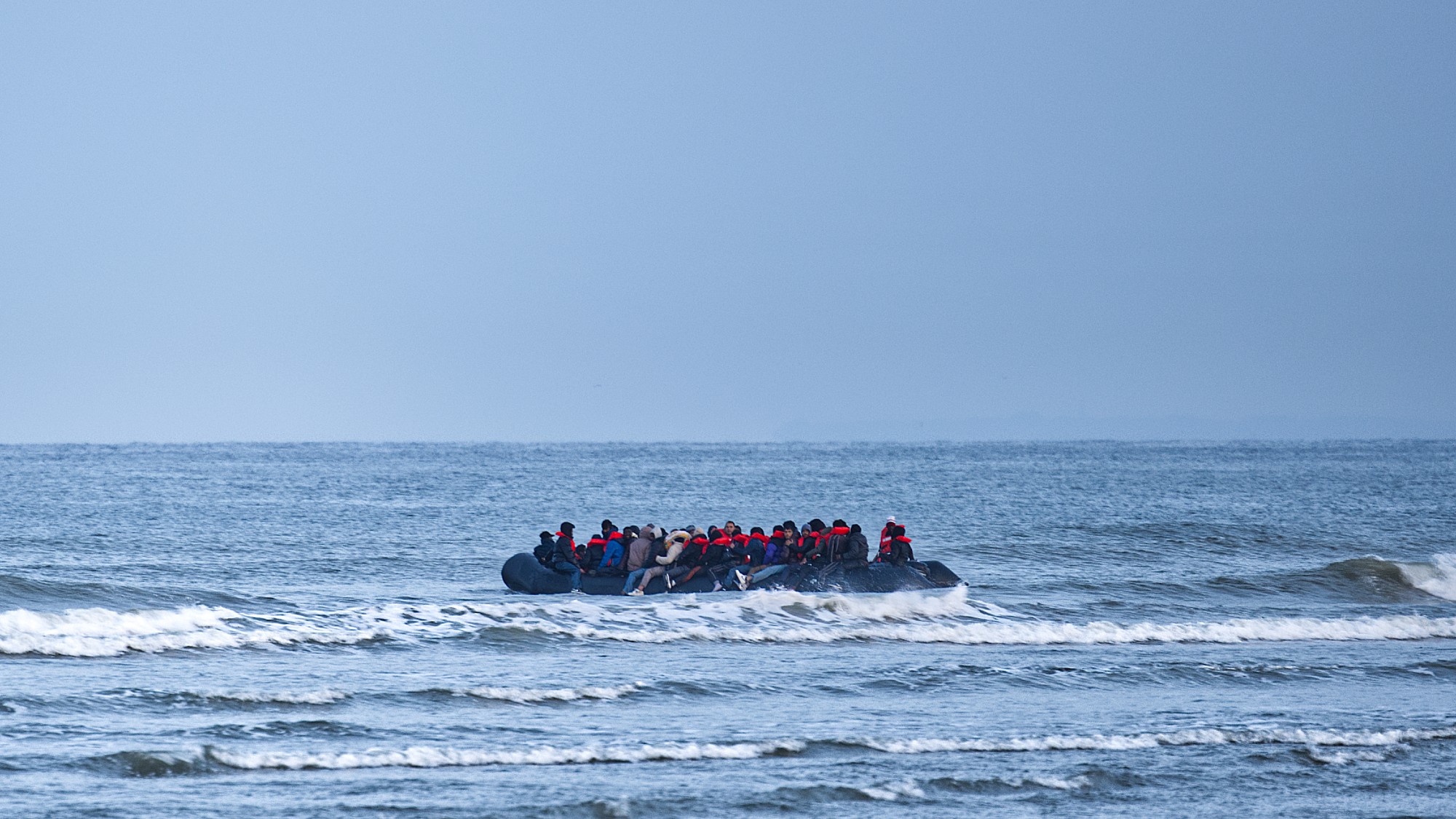 ECHR: is Europe about to break with convention?
ECHR: is Europe about to break with convention?Today's Big Question European leaders to look at updating the 75-year-old treaty to help tackle the continent’s migrant wave
-
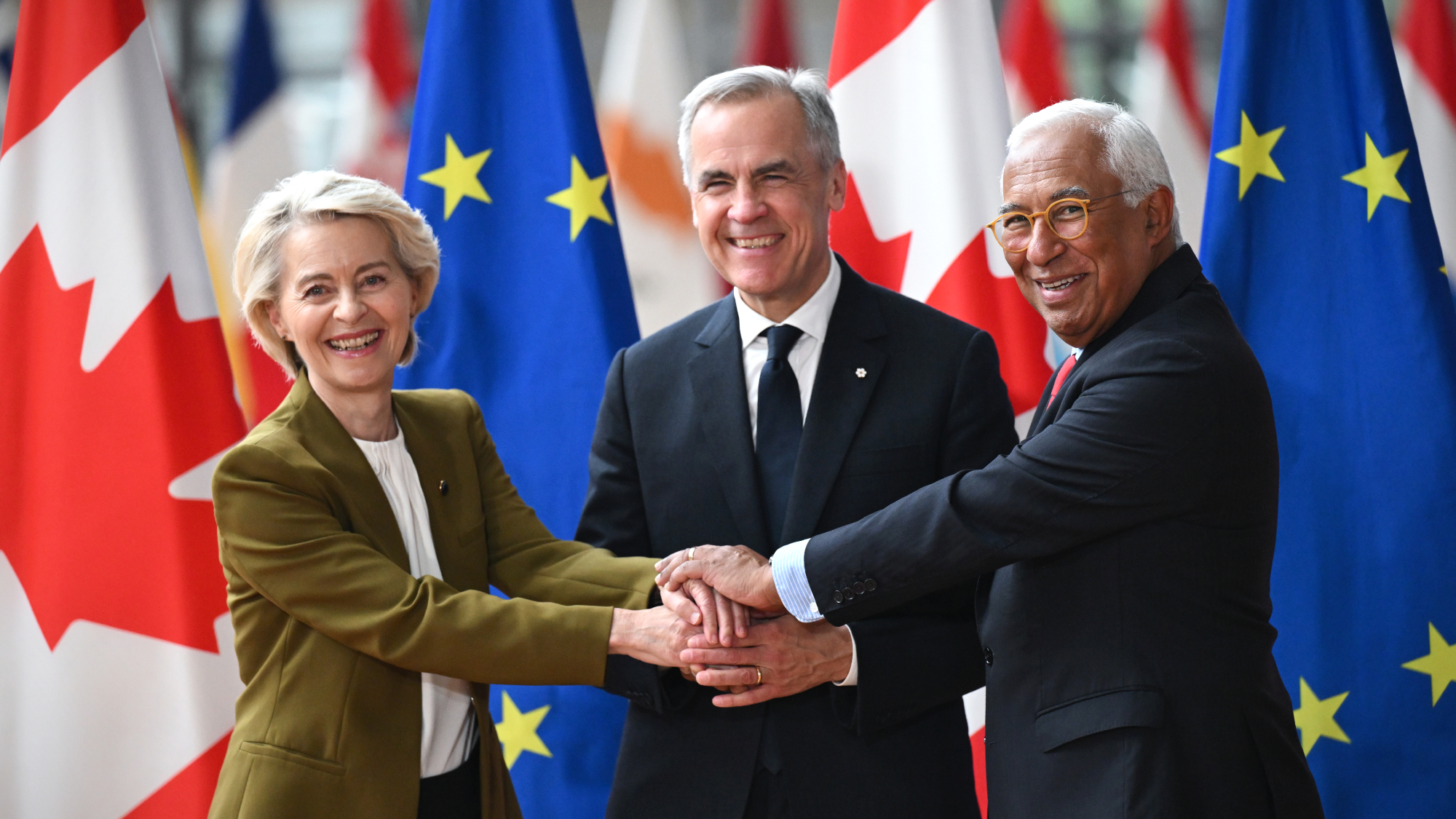 Canada joins EU’s $170B SAFE defense fund
Canada joins EU’s $170B SAFE defense fundspeed read This makes it the first non-European Union country in the Security Action for Europe (SAFE) initiative
